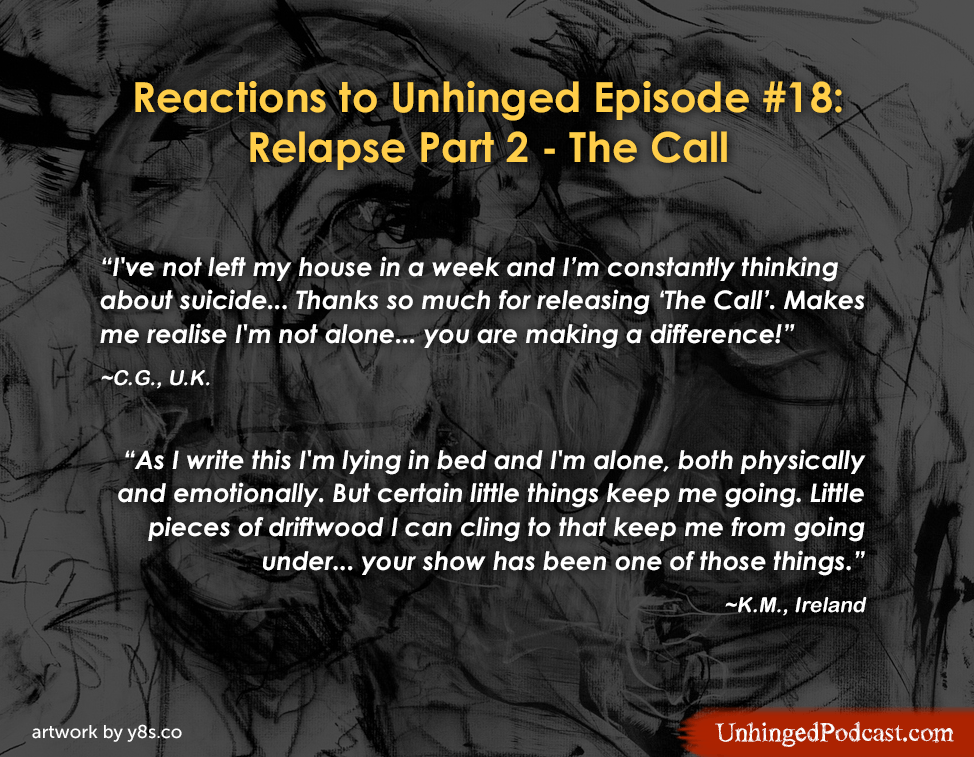Declarative memory – Memory for facts and events, to be contrasted with procedural memory, which supports the ability to acquire and express skills (or the difference between “knowing that” and “knowing how”). The nature of declarative representations, thought to be fundamentally relational and flexible, makes it possible for such memory to be consciously accessed and “declared”.
Explicit memory – A kind of memory based on explicit remembering or conscious recollection of some prior learning episode, or the kind of memory test that requires explicit remembering; usually defined in contrast to implicit memory, involving the ability of behavior to be influenced by previous experience without requiring the individual to consciously recollect the prior experience.
Recollection – A process that results in the retrieval of additional information about a particular item from memory beyond its oldness; this information could be some detail of the study experience such as the color of the font of the item or its location on the screen, or some internal state at study time, such as what the item reminded you of.
Relational memory – Memory for relations among the constituent elements of experience, providing the ability to remember names with faces, the locations of various objects or people, or the order in which various events occurred. Can be contrasted to item memory, i.e., of the individual elements themselves. The hippocampus is required for memory for arbitrary or accidentally occurring relations.
Place cells – When an animal is exploring its environment, principal neurons of the hippocampus fire preferentially in particular regions of the environment corresponding to the neurons’ “place fields”; in this way, a set of such neurons can represent the entire environment. The “places” are represented relationally, in terms of the relations among elements in the environment.
Source memory – Memory for information about an item beyond the item itself; i.e., its various relations to other elements of the event. In laboratory experiments, this usually refers to the particular location of an item on the computer screen, the color of the font or format in which the item is displayed, or the voice or identity associated with some piece of presented information.
Unitization – The fusing, blending, or configuring of multiple aspects of a sensory array into a single-item representation; thought to be accomplished by cortical regions outside of the hippocampus [such as in the fusiform face area (FFA) for faces, and the perirhinal cortex for some complex objects], and less flexible and less relational than hippocampal representations of multiple objects.
*NCBI -National Center for Biotechnology Information




